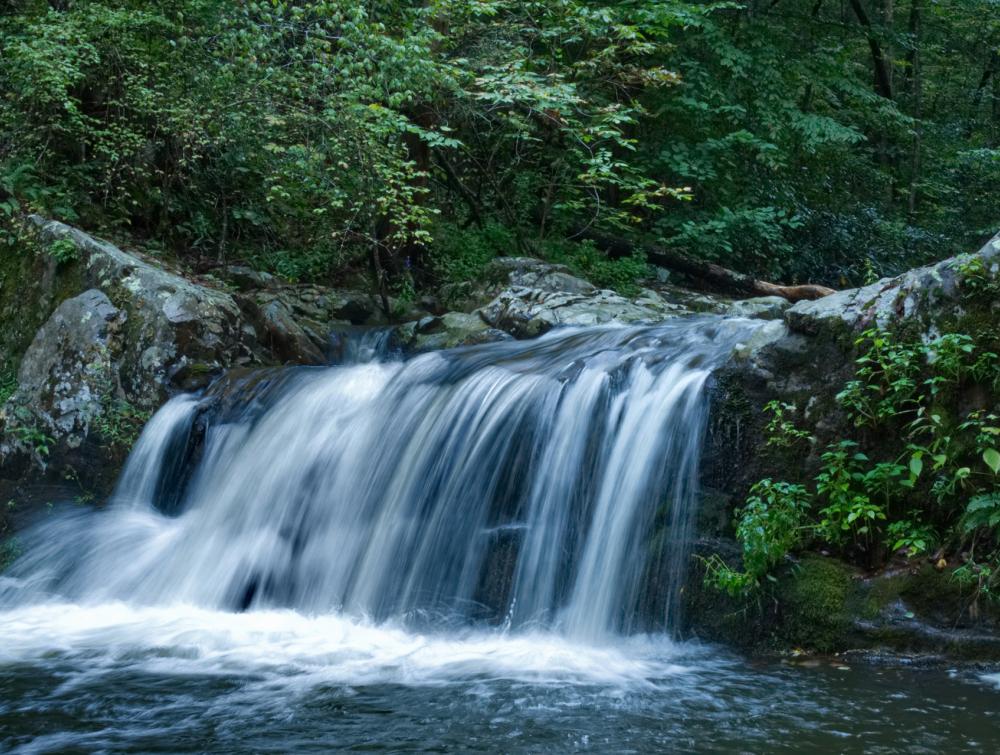Mountain Valley Pipeline will be allowed to scar national forest

Jefferson National Forest, Virginia
Bob Glennan, Flickr
Appalachian communities will bear the brunt of MVP's harmful effects
Today, the U.S. Forest Service (USFS) issued a Record of Decision that allows developers of the controversial Mountain Valley Pipeline (MVP) the approval to proceed across Jefferson National Forest, despite tremendous public opposition and federal courts twice striking down the approvals. The Bureau of Land Management’s (BLM’s) grant of the right-of-way and temporary use permit is expected to be released soon.
In previous litigation, the U.S. Court of Appeals for the Fourth Circuit has now twice deemed amending the Jefferson National Forest Land Management Plan to allow the project (along with the BLM’s right-of-way and temporary use permit grants) unlawful. The court held that the Forest Service and BLM “inadequately considered” harmful environmental effects of the pipeline project and that the Forest Service improperly applied its own forest planning regulations. The court directed the agencies to comprehensively re-examine the implications of allowing the proposed pipeline to cross the forest.
Most recently, organizations representing millions of Americans called on officials in the U.S. Forest Service and Bureau of Land Management to respect the public’s proper role in decisions about the Mountain Valley Pipeline. During a recent public comment period, The Wilderness Society solicited over 11,000 comments in opposition to the pipeline.
“We are deeply disappointed to learn that the U.S. Forest Service has failed to listen to the communities who will be harmed as a consequence of this disastrous project moving forward,” said Jill Gottesman, Southern Appalachian Landscape Director for The Wilderness Society. “The Forest Service has bent to the will of the oil and gas industry, and is placing fossil fuel profits above our environment and public safety. The Mountain Valley Pipeline will tear a hole in Jefferson National Forest that will scar the integrity of the forest, compromise our water, and sacrifice communities across Appalachia in its wake. We have no choice but to take this battle back to the court."
The Mountain Valley Pipeline, which would stretch more than 300 miles through the Southeast United States, has already caused significant and devastating impacts to communities along its route, streams and water bodies, and Jefferson National Forest. If the pipeline were to be completed and put into service, the greenhouse gas emissions would be equivalent to 19 million passenger vehicles and 23 coal plants, and account for at least 1% of all greenhouse gases from the US energy sector. The project, which began construction in 2018 under now voided authorizations, faces over 450 water-quality-related violations in Virginia and West Virginia.
###
For more information, contact newsmedia@tws.org
